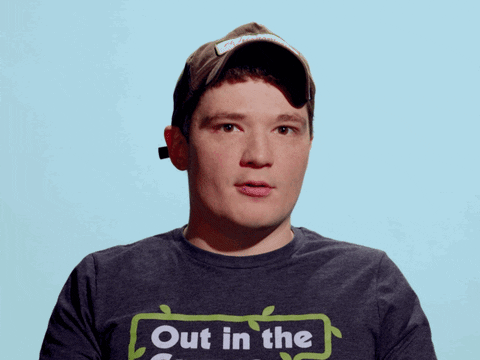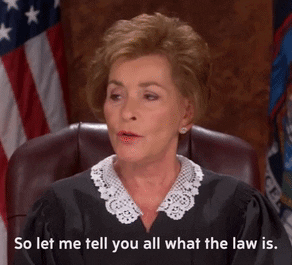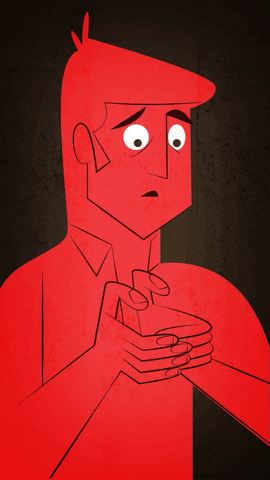Have you ever wondered what would happen if you break the laws in Canada?

In Canada, if you plead guilty to committing a crime or are found guilty beyond a reasonable doubt in a trial, you will be sentenced by the courts.
So what's next?
Who Decides The Sentencing?
In Canada, criminal law is governed by the Criminal Code , a federal statute.
"It defines the types of conduct that constitute criminal offences. It establishes the kind and degree of punishment that may be imposed for an offence, as well as the procedures to be followed for prosecution. "
Canada has 4 levels of courts that operate at both the provincial & territorial levels to impart justice:
Lower Courts
Superior Courts
Courts of Appeal
The Supreme Court of Canada
How Is It Decided?

The court will determine a sentence that is fair considering:
the circumstances of the case
the seriousness of offences and
the offender's degree of responsibility
The judge may sentence you the same day that you are found guilty, or may order a pre-sentence report in more serious cases.
The Crown prosecutors for the Government may file victim impact statements. Your lawyer may also ask you to obtain character reference letters for use in sentencing.
The court will take into account several factors relating to the offender and the offence itself such as:
Aggravating Factors
These would increase the sentence.
Eg; If the offender has a prior criminal record.
Mitigating Factors
These would reduce the sentence.
Eg; If it is the offender's first time being found guilty.
Quiz
The accused in a trial was found guilty of shoplifting for the third time. How does this affect the sentencing process?
Types Of Sentencing
Getting a sentence after being convicted doesn't always mean that the accused will go to jail .

The accused might be given:
A suspended sentence and probation — conditions you must follow for a certain time period to avoid prison
A fine — money paid to the court
Restitution — make things right with the victim
A discharge — you're free to go
If you get an absolute discharge you will not be on probation and your record of discharge will be kept on file for 1 year.
If you get a conditional discharge you will be on probation (up to 3 years) and your record of discharge will be kept on file for 3 years.
Depending on the type of sentence you get, you might end up with a temporary record or a permanent criminal record.
A sentence that results in a permanent criminal record is called a conviction.
If a conviction doesn't require you to go to jail it is called a non-custodial sentence.
Quiz
If the accused is given an absolute discharge after a trial, it means they are:
Take Action
"The main purpose of sentencing is to contribute to respect for the law and to a just, peaceful, and safe society ."
If you've been found guilty in court:
Your feedback matters to us.
This Byte helped me better understand the topic.
